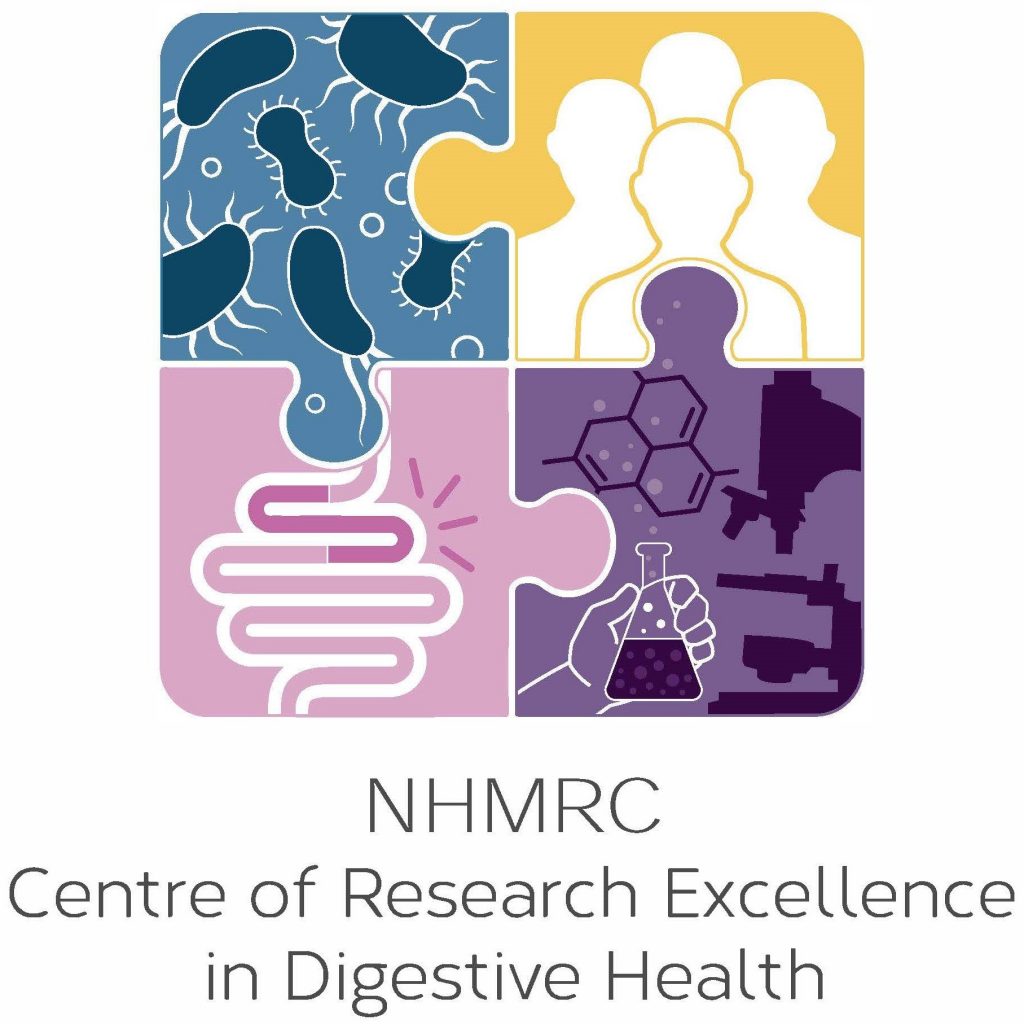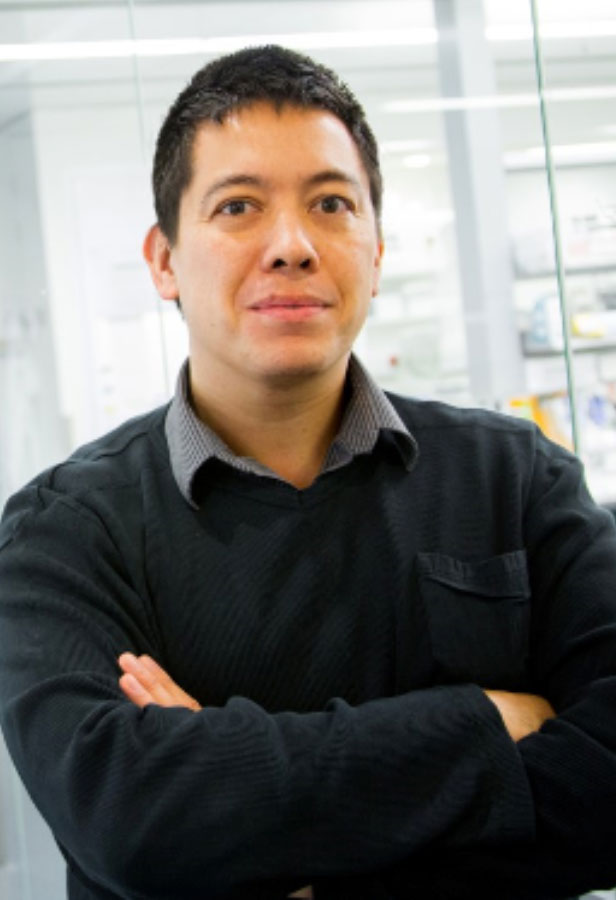Professor Nicholas J. Talley, AC, MD (NSW), PhD (Syd.), FRACP, FAFPHM, is a distinguished neurogastroenterologist and clinician, with a special interest in functional and eosinophilic gastrointestinal disorders. He is currently Professor of Medicine at the University of Newcastle, NHMRC Leadership Fellow, Chief Investigator NHMRC Centre for Research Excellence in Digestive Health and Editor-in-Chief, Medical Journal of Australia. He has over 1000 publications and is considered an international authority in the field. In 2018, he was awarded a Companion of the Order of Australia (AC) for his research, NSW Scientist of the Year, and the Peter Wills Medal from Research Australia. He is currently an Adjunct Professor at Mayo Clinic, University of North Carolina and the Karolinska Institute.
Twitter: @Prof_NickTalley
LinkedIn: Nicholas J. Talley











